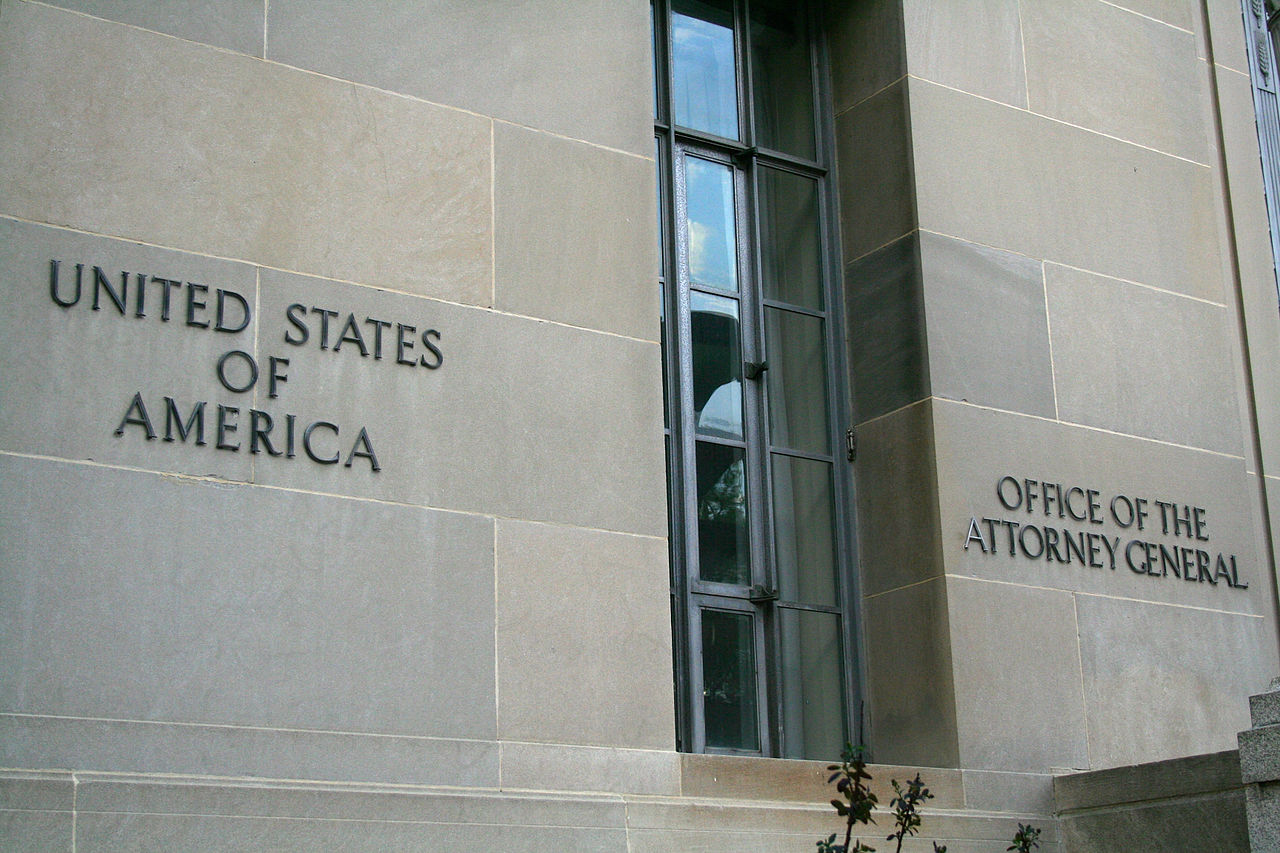Inspector General probes DEA for hiring special agents who FAILED and CHEATED polygraph exams
08/31/2023 / By Belle Carter

The Department of Justice’s (DOJ) Office of the Inspector General (OIG) has sent a letter to Drug Enforcement Administrator Anne Milgram, enumerating various concerns the office found in the agency’s pre-employment vetting relating to polygraph examinations.
As per the OIG report, the Drug Enforcement Administration (DEA) used loopholes to avoid complying with a policy enacted in 2019, which specifically bars the agency from hiring applicants who fail the lie-detector test or show signs of “countermeasures” to cheat the test.
OIG identified 77 special agent applicants who were hired after the 2019 reform despite producing questionable polygraph results. According to the report, the DEA argued that the applications were “associated with an older job announcement predating the policy change.” Those applicants were required only to complete and not necessarily pass the test, the agency said. Also, 43 more people were hired despite showing red flags because the DEA said their exams were conducted before the new rules took effect, the federal watchdog report stated.
Uttam Dhillon, the former DEA acting administrator who ordered the 2019 polygraph reform, told the Los Angeles Times that he was “disappointed” to learn of the OIG report. “One of my highest priorities was to increase the number of DEA special agents in order to combat the drug overdose crisis – while at the same time ensuring that these new agents were of the highest quality, character, and integrity,” he said. “I am disappointed that the high standards I set have not been adhered to over the past two years.”
DEA said in a written response, which was included in the OIG report, that the agency no longer hires applicants for certain positions if they have not “fully completed” a polygraph or received an unfavorable result. The 77 people who were already hired “had no disqualifying admissions” during their polygraph exams, it said.
Meanwhile, a DEA spokesperson claimed that the agency “continues to implement best practices in hiring to ensure that all DEA employees uphold the values of our organization, exemplify integrity, and – above all – protect the safety and health of all Americans,” the spokesperson said.
“Over the past two years, DEA has demonstrated an unwavering commitment to ensuring that all DEA employees are held to the highest standards. DEA has undergone complete leadership change in the highest positions, updated our hiring policies, and heightened our disciplinary standards.”
Polygraph exams are typically not admissible in court proceedings, but they are a standard hiring practice among federal law enforcement agencies and for national security clearances. The OIG report was independently verified by the LA Times based on court documents obtained from a whistleblower case filed by a former member of the DEA polygraph unit.
DEA failed to report pedophile applicant and hired a juvenile sex offender
Beyond special treatment to friends and family members of DEA officials, the whistleblower said the agency executives ignored admissions of criminal behavior that should have been reported for further investigation, including a case in which a job applicant “admitted to pedophiliac tendencies” during a polygraph exam.
As per the source, who asked not to be identified because of pending litigation, they alerted supervisors in 2018 after an applicant discussed “pedophilic impulses toward his own daughter and other children.” But they were told “there was nothing that could be done,” and that they “would be liable” for making an anonymous complaint to local law enforcement or social services. The candidate was not hired, and the matter was eventually reported to the DEA’s Office of Professional Responsibility. (Related: Citizens call on D.C. police to investigate Biden’s pedophilia.)
In another case, a DEA job applicant undergoing a lie detector test in December 2017 “admitted to engaging in inappropriate behavior while a juvenile with a younger juvenile.” The examiner stopped the test and “the DEA’s hiring panel was told, incorrectly, that the applicant passed the polygraph examination.” According to the report, the person joined the DEA in 2019 and is currently employed as a special agent.
The polygraph report adds to the allegations of questionable conduct by DEA leadership in recent months, with Milgram previously facing scrutiny for awarding no-bid contracts to hire her past associates and revelations of agent misconduct.
DOJ’s OIG also noted that the agency allowed local and state law enforcement agents to join federal task force units despite failing the polygraph examination. The DEA said it identified nine task force officers (TFOs) who produced an “unsuccessful result” on their polygraph since hiring standards changed in 2021, and that “steps are now in progress to return those TFOs to their parent agencies.”
The whistleblower also described multiple instances in which they encountered pressure to pass legacy applicants, including the son of a DEA supervisor, the son of a retired DEA agent from the New York Field Division, and a case in which an inspector at DEA headquarters made “continual calls to Human Resources demanding that his son be re-tested.”
Kevin Byrnes, an attorney who represents the whistleblower, said the pressure to pass unsuitable candidates with DEA connections was troubling. He said: “If that [tests] can be influenced or manipulated, you can get people into the agency that lack the integrity and skills necessary to enforce the nation’s laws, and that can cascade later on.”
Visit Deception.news for more stories related to the big government’s manipulation of policies.
Watch this video that talks about an example of a questionable polygraph test.
This video is from the zolnareport.com channel on Brighteon.com.
More related stories:
Four FBI agents found to have paid PROSTITUTES while on overseas duty.
Study finds that your nose SHRINKS when you lie.
Sources include:
Submit a correction >>
Tagged Under:
big government, conspiracy, corruption, DEA, deception, DOJ, insanity, left cult, legacy applicants, lie detector test, lies, national security, nepotism, OIG, Pedophilia, police state, polygraph, rigged, sex offender, special agents, Task Force Officers, traitors, Whistleblower
This article may contain statements that reflect the opinion of the author




















